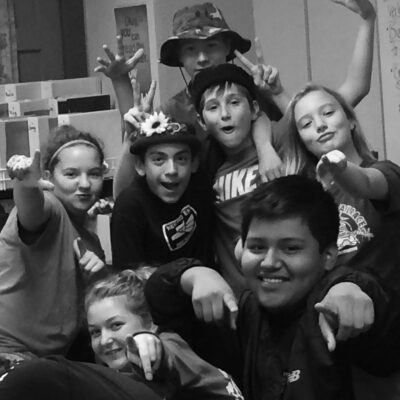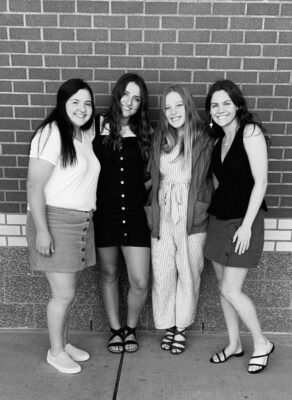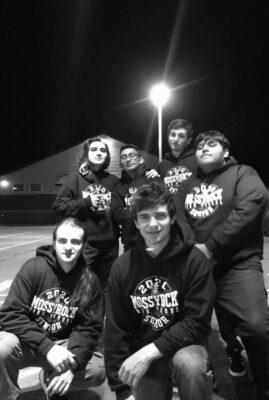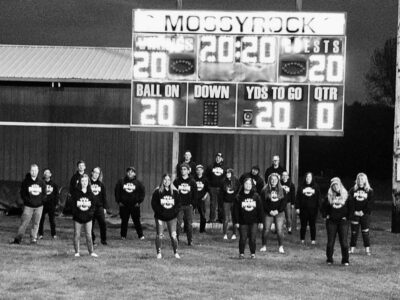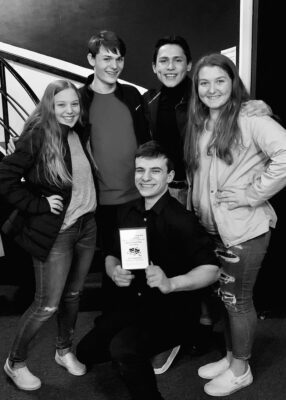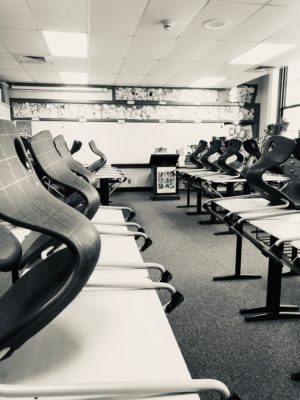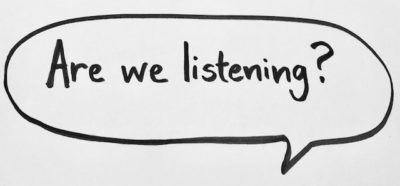Hopefulness is evident in celebrations all over the world. There is such hope that the New Year will bring a return to normal, a return to a less complicated time. Of course, we are more pragmatic than this. We know that the normal we once knew has changed, and we will take many of this year’s complications with us far into the future. That is the truth, and, well, that is how progress happens, too.
As educators, this is significant. Most teachers I speak to relate similar feelings. Their jobs have become so different, practically unrecognizable. “This isn’t what we signed up for,” is the common refrain. I’ve said it, too.
No, it is not what we expected, but it is what we have now. And it is a bit scary. There is a real danger of people leaving the education profession. However, change can be leveraged to solve problems. As educators, let’s unite to do this. Let’s make this next year the year we start a revolution in education.
REVOLUTION. Not renaissance, not pivot, not shift. Let’s flip this system.
This is not to be taken lightly. If we sit quietly and wait for normal, the entrepreneurs out there will convince the public that they can create products for online learning that are better than in-person teaching. They will market these miracles to the masses and this will be touted as ethical and equitable. Anyone with access to the internet can learn. Who needs teachers?
You may think, so what? Let them turn to online systems. But, if this year has taught us anything at all, it is the value of human connection. We teachers may be struggling to realize our value as purveyors of knowledge, but we know our true worth. It is obvious that we are invaluable when we are the ones coaching lonely youngsters through their studies, reminding them of their worth, laughing at their antics during Zoom meetings, and consoling them when their practices and games are canceled. That humanity is irreplaceable.
I treasure every moment of connection with my students these days. And I know that I am a better teacher for seeing the value of it. Because of this, there is no going back to normal for me. I don’t even want it to be the way it was. For me, the lifting of the veil revealed that all students need to feel safe, in control of their learning, and valued by their teachers and by the education system. That is the only way to move forward successfully.
For equity, for ethics, we need systems that honor the value of each individual. In light of this, I am reinventing my practice to put students clearly at the center, giving them more power in the process of choosing the learning they will do. I will involve them in the grading process, and I will work every day to ensure that they understand their worth.
I understand mine. And I know that every educator out there needs to see their worth, too. You are the connection. You are the humanity. You are irreplaceable.
Related Readings (Or, Why Is Lynne All Riled Up?):
- Remote learning here to stay despite challenges, survey finds
- Schools Face A Massive Challenge To Make Up For Learning Lost During The Pandemic
- Disadvantaged Students More Likely to Be Learning Remotely, Study Finds
- Covid is having a devastating impact on children — and the vaccine won’t fix everything
